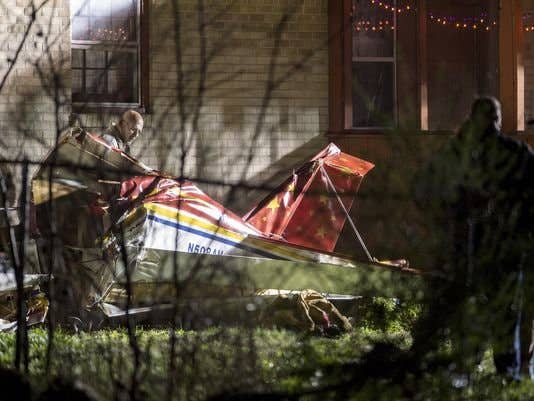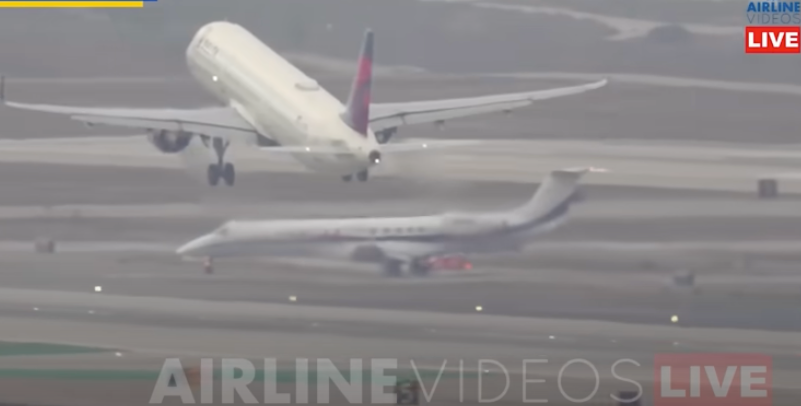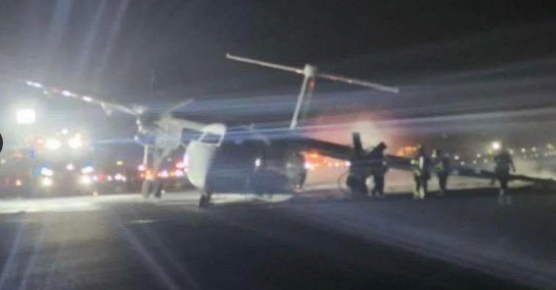Fatal Accidents For Experimental Aircraft Continue To Drop
The fatal accident count for experimental aircraft fell in the past year, continuing a downward trend, EAA said Wednesday. There were 33 fatal accidents in this category reported by the FAA for the fiscal year ending Sept. 30, a 17 percent drop from 40 accidents for the prior year. The latest numbers also are down from 51 reported for the 2014 fiscal year.

The fatal accident count for experimental aircraft fell in the past year, continuing a downward trend, EAA said Wednesday. There were 33 fatal accidents in this category reported by the FAA for the fiscal year ending Sept. 30, a 17 percent drop from 40 accidents for the prior year. The latest numbers also are down from 51 reported for the 2014 fiscal year. Meanwhile, the number of fatal accidents for specialized aircraft flown for racing, exhibition, research and development also dropped in that period, to 49 from 61 the year prior. EAA called the downward trend positive, noting that the latest totals fell under the FAA's "not-to-exceed" goal of 60 fatal accidents and is among the lowest in recent years for the experimental category, which include amateur-built aircraft.
EAA and other GA organizations have focused in the past two years on promoting loss-of-control prevention, which remains the top cause of accidents. In 2015, the association launched a competition, the Founder's Innovation Prize, for new ideas to help pilots avoid loss of control, awarding the first prize to the inventor of Airball, a digital flight data tool for the cockpit. EAA also said enhanced safety outreach efforts and new regulatory measures including the FAA's approval of a second pilot for flight testing homebuilt aircraft have given pilots more resources to improve safety. "This is tremendous news and this multiple-year trend is a credit to all aviators who are focusing on safety," said Sean Elliott, EAA's vice president of advocacy and safety. "The fatal accident numbers again remain lower than other types of popular recreational pursuits, such as paddle sports, horseback riding, and driving all-terrain vehicles. While we can never rest in pursuit of safety, these lower numbers - even with a rising number of flight hours in recent years - show that EAA's programs, outreach and advocacy is making a difference."






